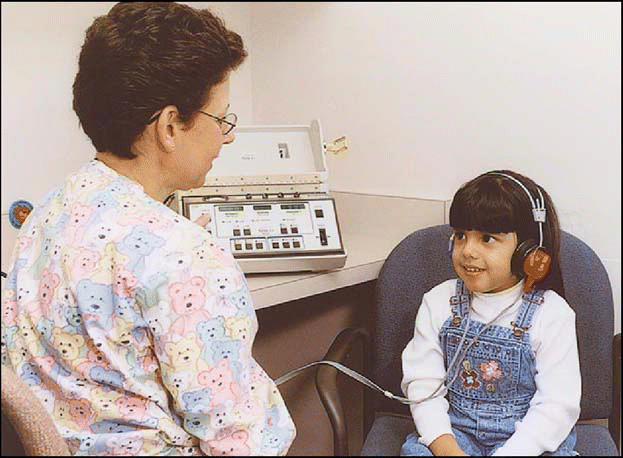Early Detection
Explore This Issue
September 2009In 1988, then-Surgeon General C. Everett Koop, MD, set a goal that all children with significant hearing loss would be identified before 12 months of age. Given the techniques available for infant hearing screening at that time, and the fact that the average age of identification was 2½ to 3 years, this seemed unrealistic. Since then, improved techniques and procedures have made it possible to conduct hearing screening at younger ages, so that it is now a realistic goal to screen every newborn in the United States for hearing loss.
Conducting hospital-based universal newborn hearing screening costs between $10 and $50 per baby, depending on the technology and program used. This is about one-tenth the cost per child identified with phenylketonuria (PKU), hypothyroidism, or sickle-cell anemia in metabolic disorder screening programs, which are required in all 50 states. This cost can be offset many times over by the estimated $400,000 per child that can be saved in special education costs if the child is identified early and receives appropriate intervention and education.
According to the CDC website, there are currently 37 states that have some form of legislation enacted relating to EHDI, and approximately 2,500 universal newborn screening programs. However, according to the National Center for Hearing and Assessment Management Fact Sheet, some estimate that still only about 35% of the babies born in the United States are born in hospitals with universal newborn hearing screening programs. This remains a vast improvement, however, over the number of infant screenings that were done a decade ago.
Follow-Up
Despite the growing success of the early screening program, there is still much work to be done to ensure that infants identified with possible hearing loss receive the appropriate follow-up testing. A study published in Otolaryngology–Head and Neck Surgery in May reported the results of a survey of parental views regarding their child’s hearing loss. Fourteen percent of the parents responding to this survey reported that they did not even know the results of their newborn’s hearing screening. More than 15% of the families noted that no one provided information for additional testing.
Another article, “Hearing Screening at Well-Child Visits,” published in the Archives of Pediatric and Adolescent Medicine in October 2005, concluded that more than half (59%) of the children involved in the study who failed hearing screening by their pediatricians were never rechecked or referred for further testing. Surprisingly, even children with known risk factors for progressive hearing loss had no further action taken following a failed screening.

Leave a Reply